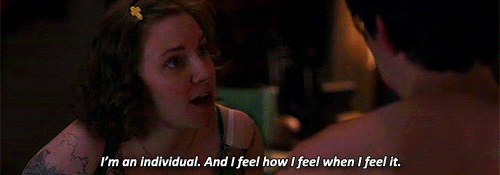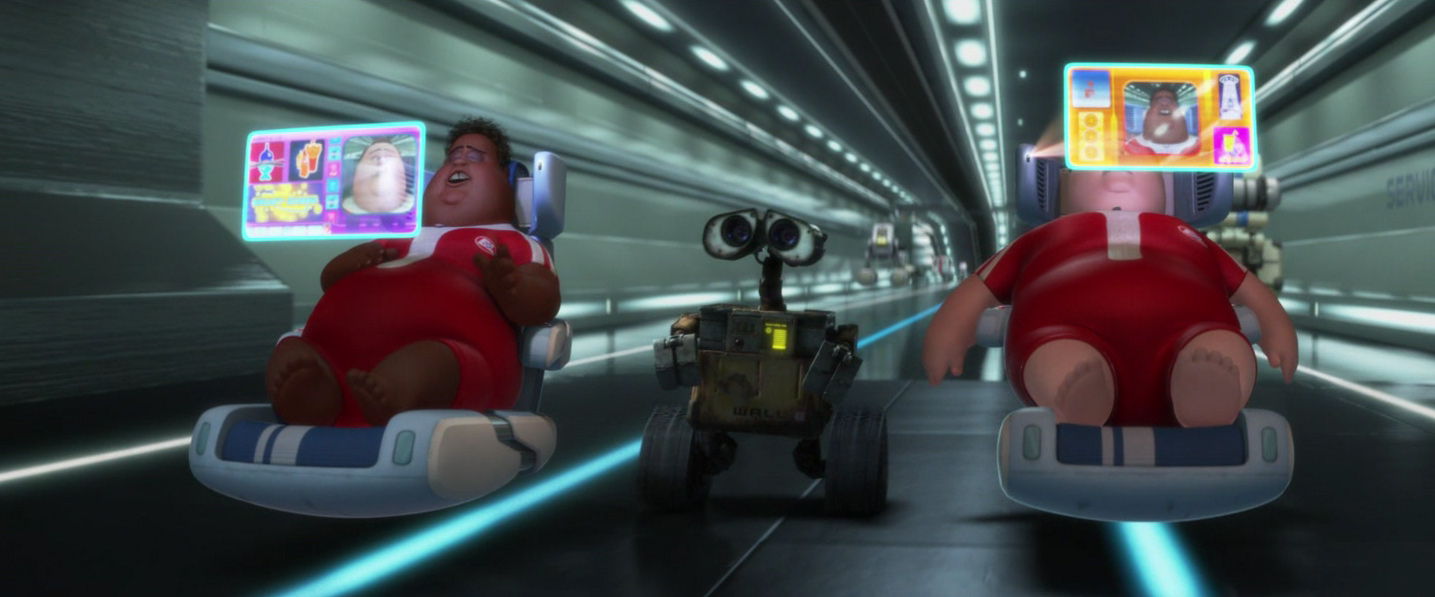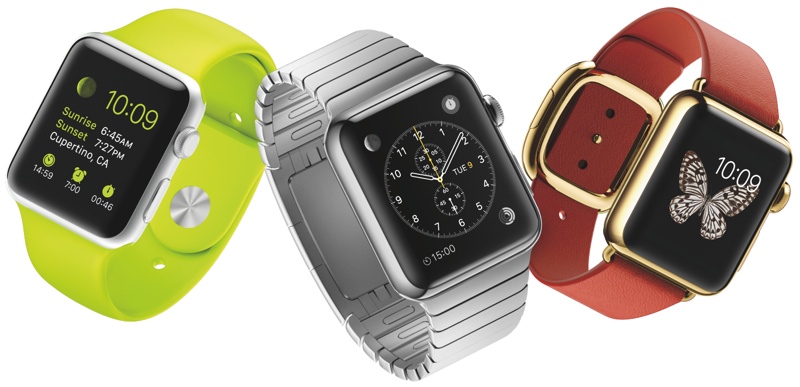As a child i watched films on my family owned VHS, films which would need to be rewinded manually back to the start in order for me to watch them again. As I grew older, the DVD came and then the Blu-ray and now everything can be watched online. As a teenager fascinated by films i watched them on every platform or medium they came on. Now as a wannabe filmmaker living in a world dominated by the internet, my options for distribution are far wider and the ability for my work to reach audiences is far greater. “Network Literacy is.. being comfortable with change.. [and] what underlies such change are the principles of distribution content producing and sharing.” Filmmaking does not exist as it did in the past, and it will not exist as it is, in the future.
The VHS made its way into the homes of people during the 1970’s which brought videos into the home environment, then according to the wikipedia page on DVD’s, 1995 saw Philips, Sony, Toshiba, and Panasonic invent and develop the digital video disc. The DVD allowed almost instantaneous access to any part of the movie, no more having to laboriously wind through the tape to find where you wanted. Then the first Blu-ray Disc titles were released on June 20, 2006 which made home theatre significantly better than it was with DVD, thanks to the far higher video resolution and improved video and audio codecs.
Adrian Miles a subject co-ordinator of Network Media at Melbourne’s RMIT made his first year students question why they had come to University. I’d thought this was ridiculous, why in a first year of University when students are still questioning if this is what they wanna do does he point out that basically they are learning the skills that are going to be irrelevant by the time they get out of their course. Miles brings a good point though, that this world is forever evolving and in learning one particular skill that can be applied to one particular software or system, you will have wasted your time and money, instead you need to learn skills that can be applied to multiple systems, for example student don’t learn how to use Adobe Premiere Pro or Final Cut but instead learn how to cut/trim shots and how to make transitions as these skills can be applied to multiple editing software. Students also attend University and school to gain access to their equipment but what if the $2,299.95 Nikon D750 DSLR is just as good as the latest smartphone? A device people just store in their pocket.

When the first video camera to record a picture with syndicated sound was brought out by Sony in 1984, most people couldn’t make films unless they went to school to get access to the equipment. With the introduction of smart phones, and iPhones in particular, majority of people have the ability to create films, and quality films at that. The term filmmaker no longer applies to a small portion of people who have study to become one, but rather anyone who has a phone with a camera and the editing apps to piece it together. No longer is there the need for a ridiculous amount of settings and options that not many people know how to use anyway, “The Best Camera is the One that’s With You: iPhone Photography” author Chase Jarvis stated that he didn’t want more buttons or settings that “Less is the new black.” The iPhone 6 that was released on October 19th has a camera with 1.5-micron pixels and ƒ/2.2 aperture and a video camera with “added new features like the option to capture 1080p HD at 60 fps, 240-fps slow motion and time-lapse videos” Apple. The everyday person now has the ability to create quality works of art with the technology they have in their hand everyday. Digital Photography Review Connect did a test, SmartPhones versus DSLR’s and the results demonstrate that smartphones have a huge depth of field, which require you to get very close to shoot animals or extreme close ups but can keep lots in focus, while DSLR’s can capture blurry background portraits in the same light, concluding that they are good at different things but even that phones can hold their ground in comparison to a professional camera is insane. Even after the filming is done, the editing process has become something achievable in the home.

“Nudgee Sunrise. iPhone 5,1/40s, f/2.4, ISO 64. Smartphones have huge depth of field.” from Dean Holland’s “Smartphones versus DSLRs versus film: A look at how far we’ve come”
Adobe Premiere Pro, iMovie, Final Cut Pro, AVS Video Editor and for sound Garage Band, Audacity, Adobe Auditions all these editing software that is so easily accessible for users. Filmmakers can conceivably shoot and edit a film, create and edit the sound and music, and mix the final cut on a home computer as opposed to manually cutting and sticking film negatives together. Even on my smart phone right now i have iMovie, Video Star and Perfect Video:Video Editor all which can help me in the creative post-production process of filmmaking that is film editing. Another improved part of editing is the Special Effects, as technology has advanced so has the effects, more realistic and therefore more entertaining. With the improvement and accessibility of cameras, editing software and the special effects low budget films can now look high quality.
Most people couldn’t make independent films, much less get them seen, until of course the introduction of the internet. Jakub Baranski stated that “The two things that have been dramatically affected, as a result of the Internet, are the marketing and distribution of films” and that independent filmmaker generally had little money and used the internet to help market and distribute their films.Youtube, a video-sharing website allows for users to share their videos to the rest of the world. In 2012 my Year 11 media class made films that fitted a specific genre, my media teacher decided to upload them to Youtube. My short film “Shadow of a Wife”
a very average at best film, has received 105 views. That may not seem like much, but for my short film who would have only had an audience of 10 (my entire media class) had it not been uploaded to Youtube, this is actually a great deal. Youtube also a great marketing tool because it makes it very easy for film makers to show trailers, or preview clips to a wide audience in seconds. Social networking websites such as Facebook have flourished, and film distribution companies have used this to their advantage. Recent film, The Fault in Our Stars has a page dedicated to the film, from here they can promote their film with trailers, pictures, meet and greet dates, the premier dates and what the starring actors/actresses are up to, to keep their fans obsessed. At this moment the page has 12,191,426 actually 12,191,427 because i just gave it a thumbs up, likes on the page. Through platforms like Youtube and Facebook audience capacities like that are achievable.

Previewing the transformation from the VHS to online videos and manual editing to iPhone editing software has made it clear that change is inevitable, and that change shouldn’t be feared because it has created a platform for everyone to create quality films. The social networking that has come from the internet has allowed for collaboration on a world wide scale, with support coming from websites like kickstarter.com, where people promote their ideas and strangers donate to help their work and with websites like hitrecord.org where people work on projects together. Chris Anderson claims that Google and eBay have created new markets and rejuvenated already existing ones, and have made the rules for new entertainment economy in which one must ‘make everything available, cut the price in half, now lower it and help me find it.’ James Cameron believes that “within the next five to 10 years, nearly every major Hollywood movie will be watched from [his] lap.” George Lucas thinks that seeing a film will become like Broadway, expensive and the film will be screening for a year while Spielberg says the future is putting the viewer inside the experience, getting rid of the proscenium and the screen and making it so that “no matter where you look you’re surrounded by a three-dimensional experience.” As for me and where i think filmmaking is going, i couldn’t say. I do hope however, that experimental pieces and films that don’t fall into the mainstream category find a way to make it to the big screens.
Bibliography
“Network Literacy: The New Path to Knowledge.” Miles, Adrian. Screen Education Autumn.45 (2007)
“The Best Camera is the One That’s With You: iPhone Photography by Chase Jarvis” by Chase Jarvis, 2009, books.google.com
“The Changes the Internet is Making on the Motion Picture Industry.” Baranski, Jakub, and G. M. Welsch.
“The Long Tail.” Anderson, Chris. Wired. N.p., Oct. 2004. Web. 23 Aug. 2013.
http://www.theonion.com/articles/james-cameron-says-future-of-movies-will-be-watchi,35935/
http://thecreatorsproject.vice.com/blog/10-expert-opinions-on-the-future-of-film
http:// www.youtube.com/watch?v=9_89Aj3EZ-g
https://www.facebook.com/faultinourstarsmovie
http://en.wikipedia.org/wiki/DVD
http://en.wikipedia.org/wiki/Blu-ray_Disc
http://www.answers.com/Q/When_did_the_first_video_camera_come_out
https://www.apple.com/au/iphone-6/cameras/
http://connect.dpreview.com/post/5533410947/smartphones-versus-dslr-versus-film

#mediaviewer/File:Gothamcast.jpg)





